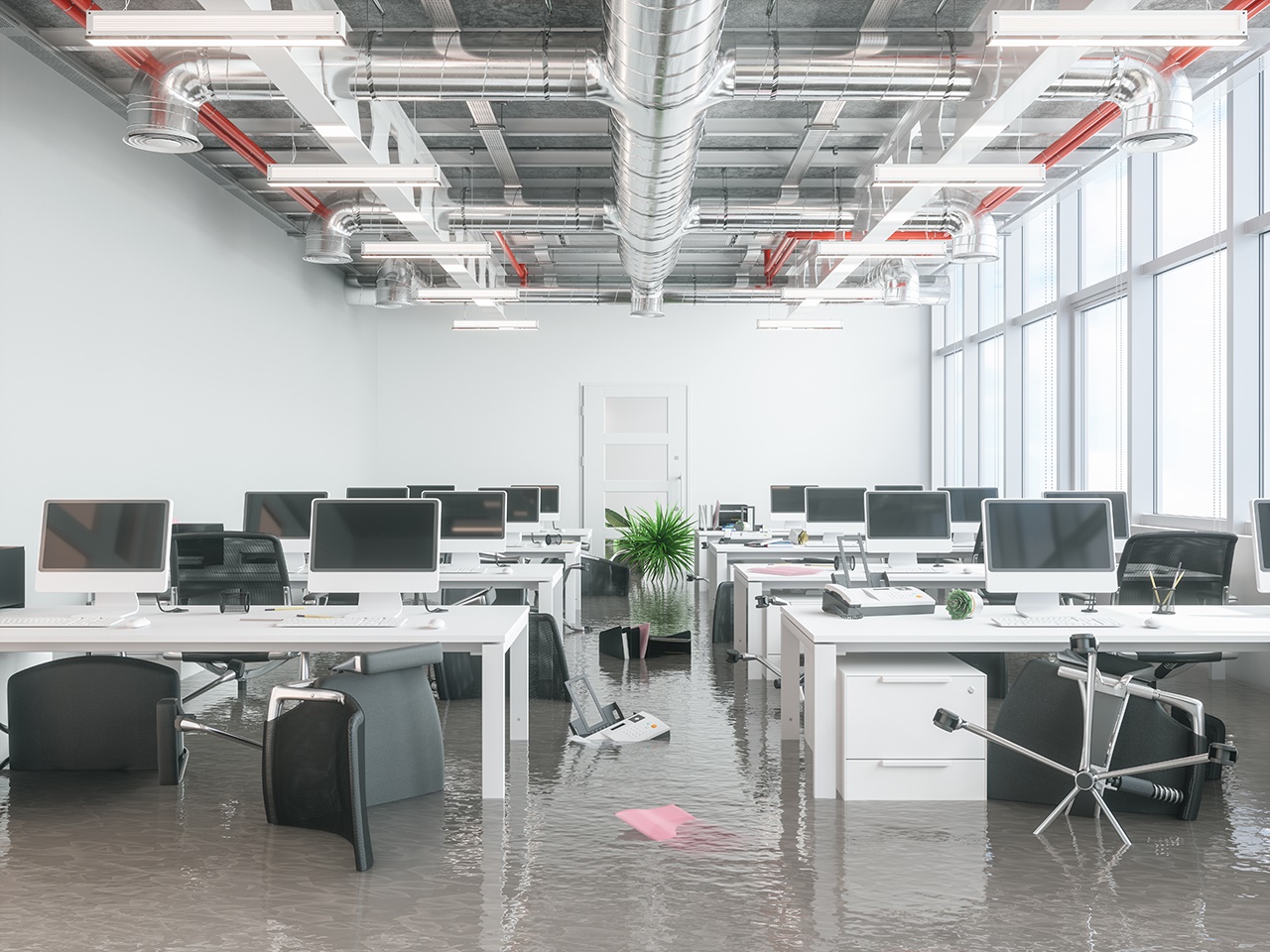Your client’s business has suffered a loss – hypothetically, let’s say a natural disaster or fire. So much of how they respond after a loss is predicated on how well they’ve prepared prior to it occurring. To determine if your clients have an effective plan, ask these questions:
- Have you developed an emergency response plan or disaster recovery plan?
- Do you have inventory lists, plot maps, vehicle registrations, accounts receivable and payable or other key contact information documented and backed up?
- Is your back-up secured off-site?
- Do you have a dedicated individual accountable for coordinating the response if an emergency occurs?
- Have you reviewed your plans with local response agencies?
Emergency response preparation is invaluable in the event of an unforeseen loss. The following are tips you can discuss with your clients to ensure they’re prepared.
Communication
After a loss occurs, and you have verified that personnel are safe and the site is secured, you want to first think about communication. Reassure employees and customers of your restoration plan. Discuss your options with suppliers and vendors. Their response time and flexibility when an unforeseen loss occurs is also important. Communication with government agencies and local authorities will go much smoother if you’ve prepared in advance and if you have an established a relationship wherever possible. You should also contact your insurance representative to initiate the claim and understand the process for receiving business income or extra expense (if applicable).
Resuming Operation
Before returning to normal business operations, ensure the area is secure and have the structural integrity of all buildings validated by a professional. They will assist you in identifying current building codes and ordinances on demolition and clean up. Once secure, you will want to assess the damage and begin the process of documenting damages and all necessary expenses. As you assess the damage, determine the areas that employees can safely access and keep the following questions in mind.
- Do you need to protect undamaged property?
- What is the status of your utilities?
- Are water supplies safe?
- Are electrical lines down?
- Can you access telephone systems and phone lines?
- Where will you operate “central command” from?
- Do you need to secure temporary space such as a mobile unit or other structure?
- Do you have access to your computer network and available laptops?
- Can you fill orders from another branch or direct from suppliers?
Employees
In the case of a natural disaster, not only your business but your employees’ personal lives could be disrupted. Take this into consideration when recovering from a loss. Determine if and how you can provide employee assistance, both financially and emotionally, during this time. Transportation to/from work, scheduling and possibly childcare may need to be addressed. Discuss with your employees that day-to-day tasks may shift in the short-term and identify if training is needed.
Resources
When recovering from a loss, consider the following resources: the FEMA website, your insurance representative and carrier, and industry trade associations. This is by no means a complete list and we recommend looking at other resources pre and post loss to prepare for the unexpected.
About the Author
This article was authored by Bill McCloy, managing director and underwriter with AmWINS Program Underwriters. This article was originally published by GAWDA Media.


